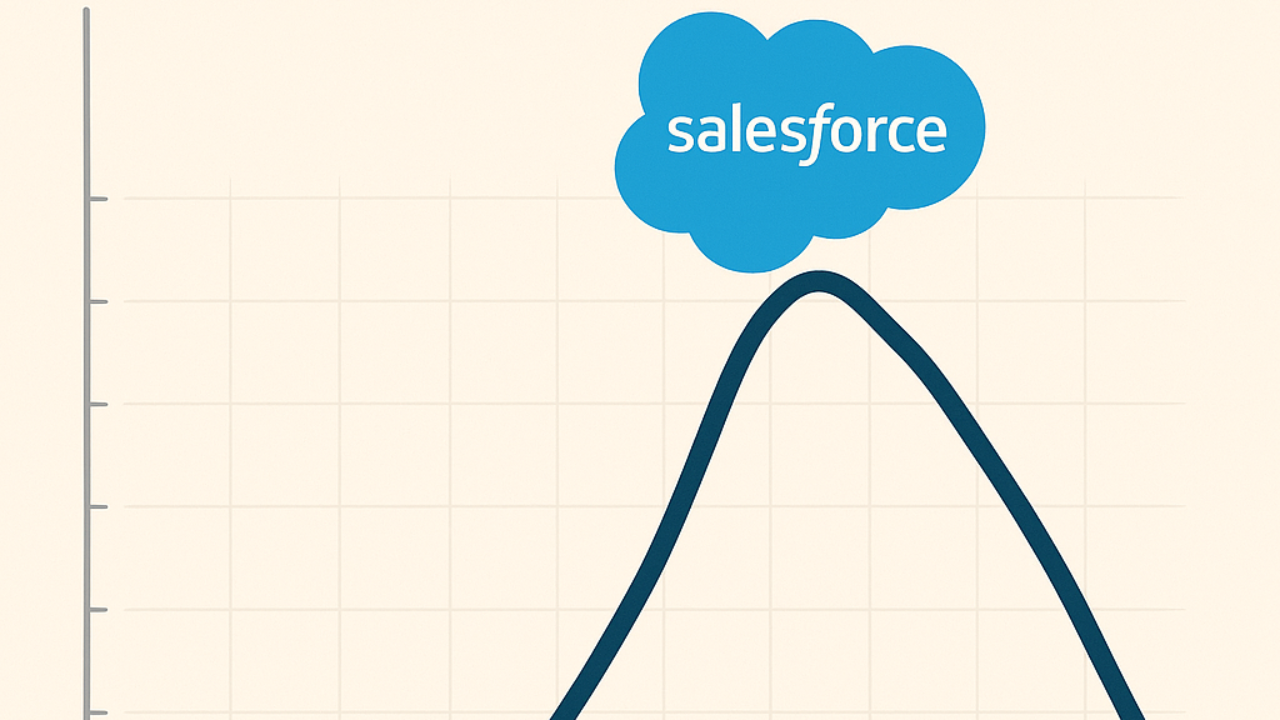|
Practical Takeaways for Salesforce Professionals
What does all this mean for people building their careers in the Salesforce ecosystem? Here are some key takeaways:
-
Never Stop Learning: The Salesforce world changes fast. New features, AI tools, and best practices keep emerging. To stay relevant, commit to continuous learning. As the Red Queen Effect suggests, you must keep upskilling just to stand still. Block out time each week for Trailhead modules, release notes, or experimenting with new features.
-
Embrace AI as a Tool: Don’t fear that AI like ChatGPT will replace you – instead, use it to boost your productivity. For example, you can have AI help write Apex code or generate a Lightning Web Component in minutes. In Salesforce, try out Einstein GPT, Copilot, or other AI features in a sandbox. The more you can partner with AI to deliver results, the more valuable you become. As one guide put it, get familiar now so you’re ready when someone asks: “How can we use AI in Salesforce?”.
-
Focus on Data Quality and Fundamentals: Fancy AI or automation won’t help if your underlying data and processes are a mess. Many companies learned that “bad data in, bad results out” with AI. So, take the initiative to clean up data, document processes, and improve org health. Master the fundamentals (security, data modeling, flow building). This not only prepares your org for AI, but also makes you the go-to problem solver.
-
Broaden and Deepen Your Skills: The most resilient Salesforce professionals have T-shaped skills – a broad understanding of the platform plus deep expertise in one or two areas. For instance, know a bit of admin, dev, and reporting, but be really skilled in a niche like CPQ, Flow Orchestration, or Marketing Cloud. This versatility means you can add value in many situations, while your specialty makes you stand out for specific high-demand projects.
-
Plan for a Long (But Steady) Career: Salesforce isn’t disappearing, but its wild growth is leveling off. This means opportunities will still be there, just more stable. So think long-term. Continue investing in your Salesforce career, but stay adaptable. If you work with smaller clients, it might help to familiarize yourself with one of the popular Salesforce alternatives too, so you can advise objectively (e.g. know the basics of HubSpot or Zoho). Above all, focus on providing business value, not just technical know-how. Salesforce will likely be around for decades (the Lindy Effect in action), so the skills you build now can pay off for years – as long as you keep them fresh and aligned with what companies need.
In conclusion, Salesforce may have reached a peak in its cultural hype, but with the right approach, you can build a thriving career in its ecosystem for the foreseeable future. Stay curious, stay adaptable, and you’ll navigate this changing landscape just fine.
Happy learning!
Best,
Nick
|





